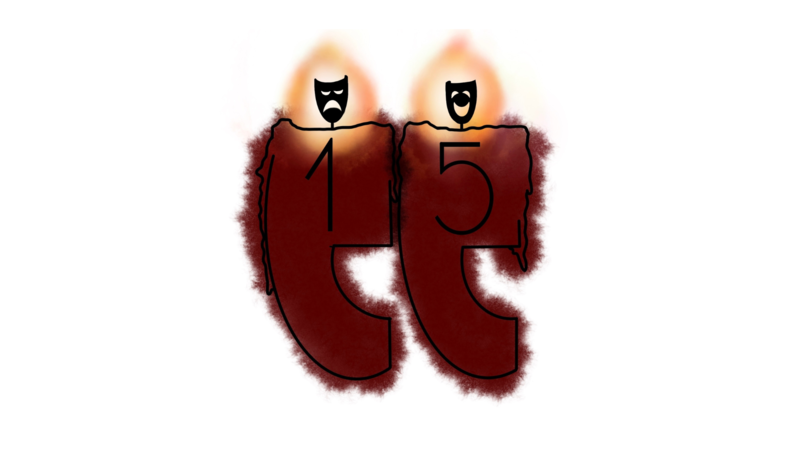Join the Pennyless Players in celebrating 15 years of English theatre in Graz! For our anniversary, we have assembled a veritable fireworks display of seven shows that showcase our range: Entertaining, exciting, moving and irreverent, the plays span various genres, time periods, and styles. Whether you love serious dramas or light comedies, you will definitely find a play - or more! - that suits your taste.
The Dinner Guest (2002) by Herman & Cecilia Servatius
A monk attempts to solve an intricate problem - of secrets, love, and even murder - through the simple medium of dinner conversations.
Wurzel-Flummery (1917) by A.A. Milne
What’s in a name, and what’s in a will? - the proof is in the pudding in this inheritance farce.
Box and Cox (1847) by John Maddison Morton
Box and Cox is the nineteenth century Odd Couple you never knew you needed. The struggles of finding a flatmate disappear when two men discover they’ve been renting the same room.
Read Me! (2022) Improv Concept by Clara Hudel
Books! We buy them, swap them, shove them tightly into shelves as if they were mere objects... but what if I told you that they have their own story to tell?
Where the Cross is Made (1923), by Eugene O’Neill
The sea holds both riches and horrors, its waves constantly changing facts into dreams into obsessions. Will a father and a son escape the maelstrom or will they drag each other down?
Trifles (1916), by Susan Glaspell
A murder, a wife in custody: what is a clue and what is “just a trifle”? Southern gothic at its finest with a feminist twist.
Pariah (1889), by August Strindberg; translated by Edwin Bjorkman
Mr X and Mr Y debate guilt, remorse, and sin in a tense struggle for survival.
Each evening will feature a set of three to four of the one-act shows listed; for the exact schedule, see our website.
About The Pennyless Players
The Pennyless Players are a non-profit English-language theatre group. Originally founded by students to bring practical theatre experience to the English and American Studies Department of the University of Graz, the group rapidly expanded both its membership and its audience to the broader Graz community.


